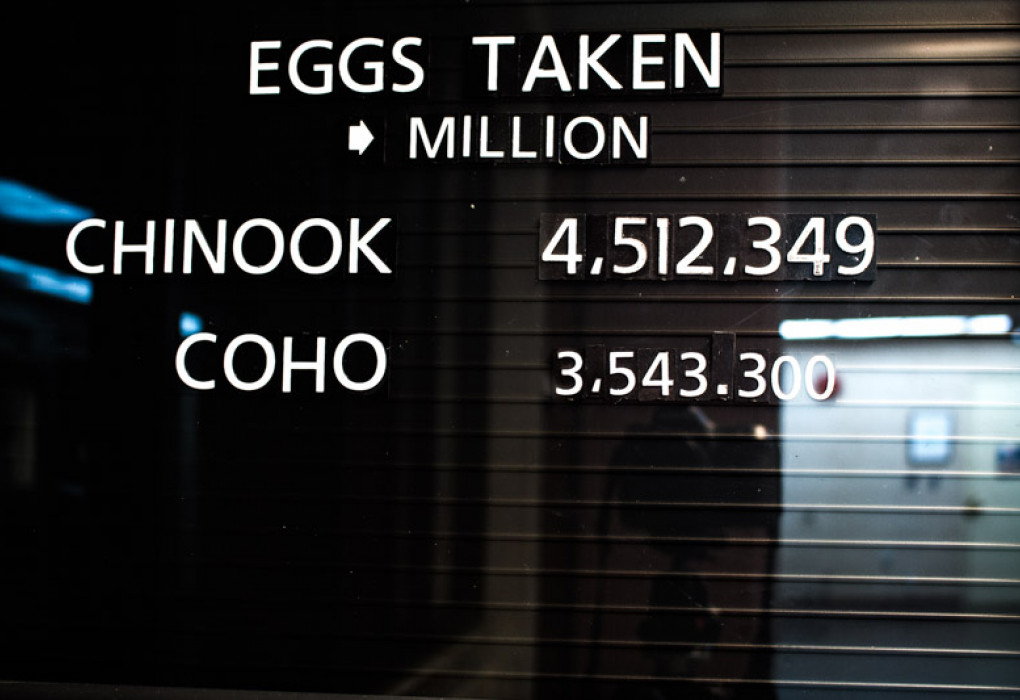Advocacy Tools: Open Source Information on Factory Fish
Factory fish (also known as hatchery fish or artificial fish) negatively impact wild fish populations across the Pacific Northwest. While the catalog of the basic science on the impacts of factory fish is extensive, it has been very difficult for advocates outside of the academic and the scientific communities to locate and compile this information.
As a result, wild fish advocates and conservationists have had real difficulty understanding the breadth of the science, the numerous impacts of factory fish, and have been hampered in their ability to meaningfully and consistently comment on factory fish related challenges. Rather than debate these facts exclusively through traditional channels such as agency comment periods, the Native Fish Society has created an open source comment template, which captures and references all of the science related to the impacts of factory fish on wild fish.
Our goal with this open-source project is three fold: 1) make the science accessible to advocates 2) create a tool that can more readily and accurately convey factory fish related challenges across the Northwest and 3) leverage our grassroots network of place-based advocates, skillful professionals, supporters, and members to keep this document updated and current with the best-available science.
So far, this comment template has been used in the following public processes:
- Upper Willamette River Basin Draft Environmental Impact Statement (DEIS) to Analyze Impacts of NOAA’s National Marine Fisheries Service Proposed Approval of Hatchery and Genetic Management Plans for spring Chinook salmon, steelhead, and rainbow trout Pursuant to Section 4(d) of the Endangered Species Act (2018)
-
Klamath River Renewal Corporation’s Lower Klamath Project No. 14803 Comments on Draft Water Quality Certification. (2018)
- Yuba Salmon Partnership Initiative Plan to Trap and Haul Wild Salmon (2018)
To participate in the continued maintenance of this living document, please contact Fellowship Program Director, Conrad Gowell
